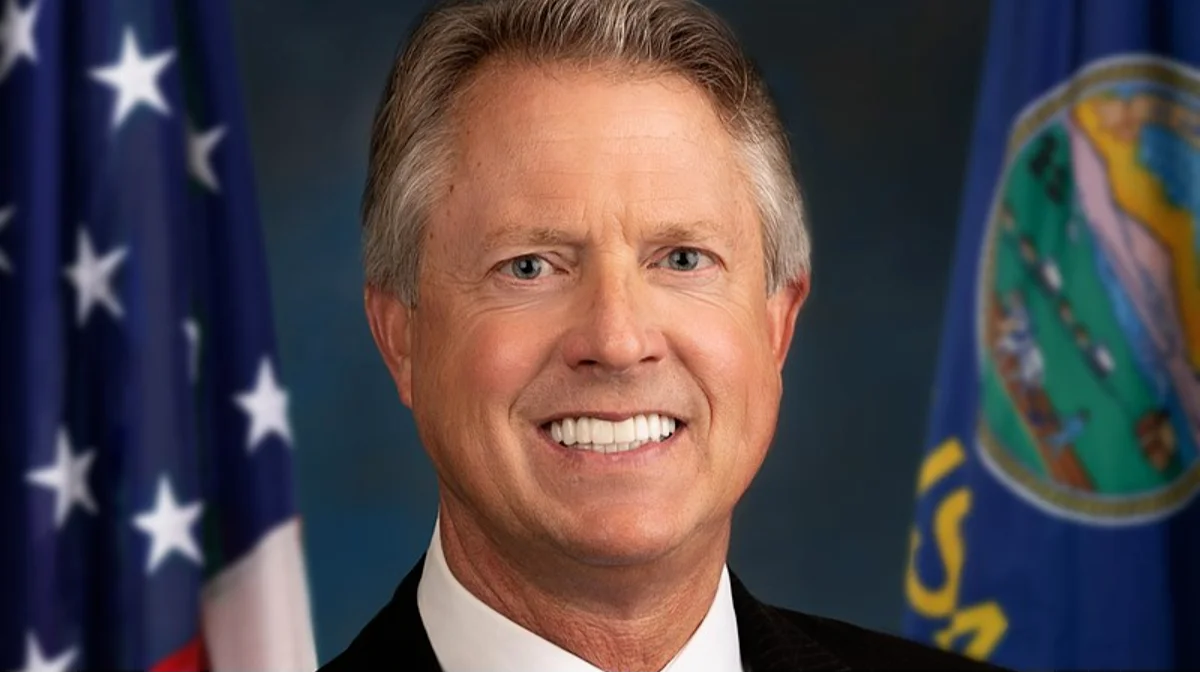Senator Roger Marshall, US Senator for Kansas | Official U.S. House headshot
Senator Roger Marshall, US Senator for Kansas | Official U.S. House headshot
U.S. Senator Roger Marshall, M.D. (R-Kansas) has collaborated with U.S. Senator Elizabeth Warren (D-Massachusetts) and U.S. Representatives Raul Ruiz, M.D. (D-California-25) and John Joyce, M.D. (R-Pennsylvania-13) to introduce the Physician and Patient Safety Act. This proposed legislation aims to restore due process rights for physicians who are contracted but not directly employed by hospitals.
The current federal law does not guarantee due process rights for these physicians, which this bill seeks to address by ensuring protections for those employed through third-party contractors or physician staffing companies.
Senator Marshall emphasized the importance of these rights: “Due process rights allow physicians to confidently advocate for their patients without the concern of facing termination.” He added that over time, such protections have diminished across various departments, posing risks to patient safety.
Senator Warren expressed concerns about private equity in healthcare affecting care quality: “Doctors shouldn’t have to worry that sounding the alarm on patient safety will cost them their jobs.”
In the House of Representatives, Congressmen Ruiz and Joyce introduced a companion bill. Congressman Ruiz stated his commitment to bipartisan solutions: “No doctor should ever have to choose between doing what’s right for their patients and keeping their job.” Congressman Joyce added that the legislation would help ensure doctors can uphold their oath without fearing job loss.
The Physician and Patient Safety Act has garnered support from several medical organizations including the American Academy of Emergency Medicine and the American College of Surgeons.
Robert Frolichstein, MD FAAEM FCCM, President of the American Academy of Emergency Medicine said: “There is no greater policy imperative for patient safety and quality care than enacting this due process legislation.”
Howard Chang, MD from the Kansas Chapter of the American College of Emergency Physicians highlighted that emergency physicians often work under intense pressure making critical decisions affecting patient lives.
Alison J. Haddock, MD, FACEP, President of ACEP noted: “Growing threats to physician autonomy are one of the most significant stressors facing emergency physicians today.”
The full text of the legislation is available online.


 Alerts Sign-up
Alerts Sign-up